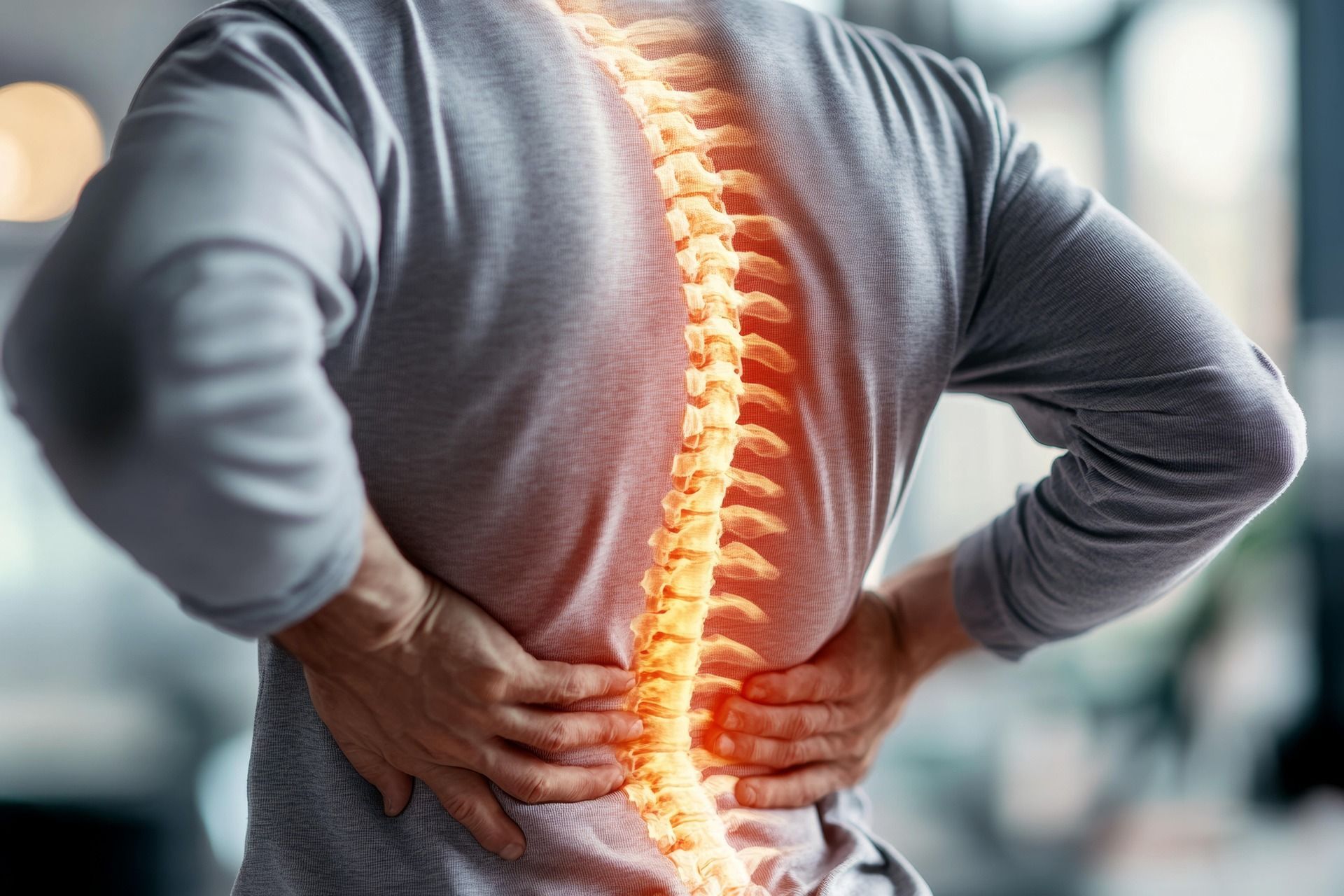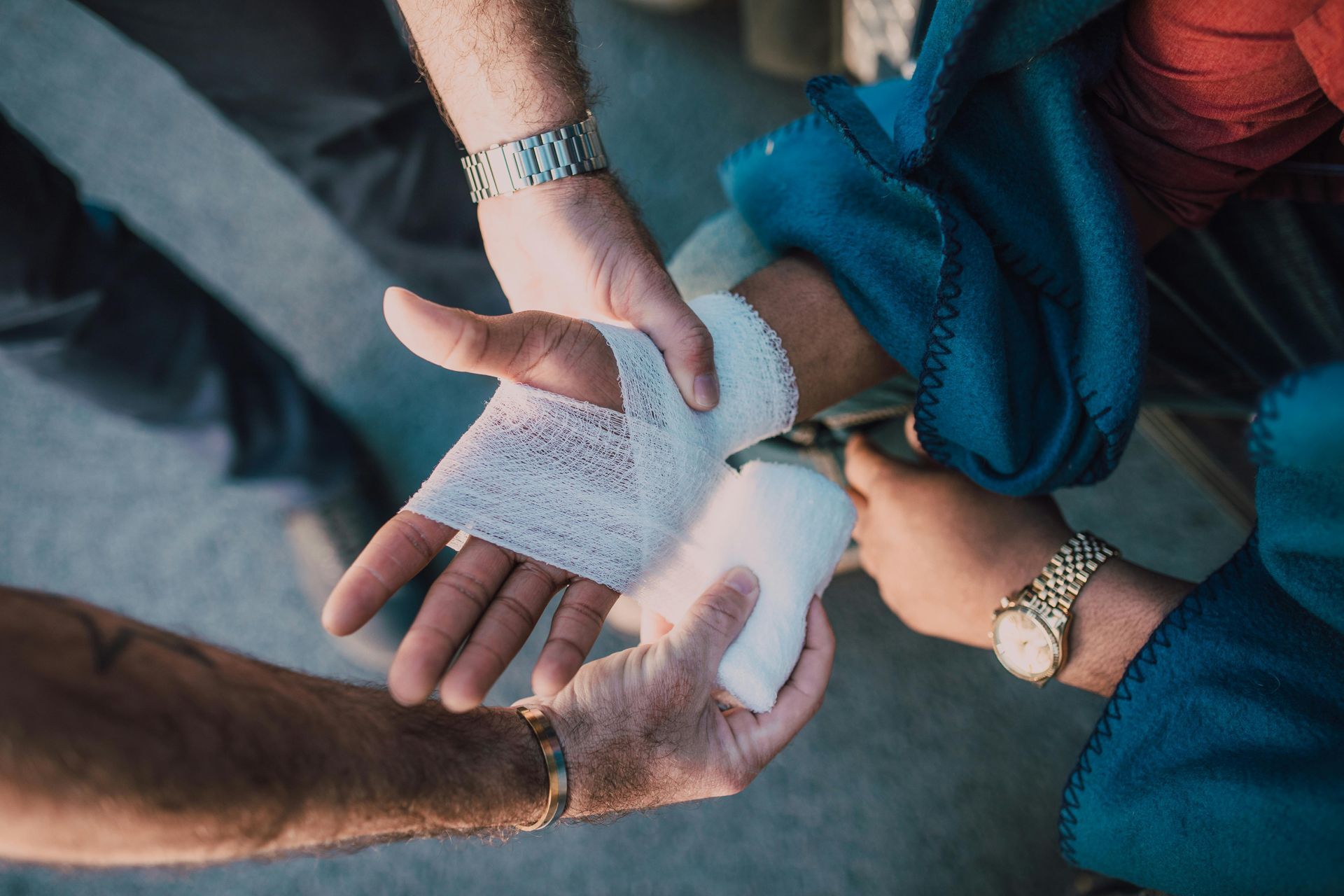Strengthening Team Safety and Communication
On site health and safety training strengthens teamwork, improves communication and builds a proactive culture of accident prevention in Irish workplaces.
A strong safety culture depends on communication and teamwork. In many Irish workplaces, employees operate in busy, fast-paced environments where split-second decisions can make a huge difference. When staff train together on site, they develop shared understanding and confidence that translate directly into safer working practices.
On site training allows instructors to tailor sessions to the actual layout and risks of a workplace. Whether it is a warehouse, hospital, office or hotel, real-world practice helps staff see how procedures apply to their daily routines. This practical approach turns theory into habit. Employees learn not only how to protect themselves but also how to look out for one another.
Training sessions also create opportunities for discussion and problem-solving. Staff can share experiences, raise concerns and ask questions that might not arise in a standard classroom course. This open exchange encourages collaboration and reinforces the message that safety is a shared responsibility. Managers benefit too, gaining insight into operational challenges and identifying areas that require additional support or equipment.
Consistent on site training builds stronger teams. When everyone understands emergency protocols, communication during real incidents becomes faster and more coordinated. A trained team reacts efficiently, reducing confusion and minimising harm. This level of preparedness also improves workplace confidence and reduces anxiety about potential hazards.
From a compliance perspective, on site training ensures that all employees receive the same information and meet the same standards. It simplifies record-keeping and helps employers stay aligned with the Health and Safety Authority’s requirements. By maintaining up-to-date certification in key areas such as First Aid Response, manual handling and fire safety, businesses demonstrate both diligence and professionalism.
The long-term benefit is cultural as well as practical. Staff who regularly participate in on site training begin to view safety as part of everyday work rather than an occasional event. Communication becomes second nature, and teamwork thrives. Over time, this mindset leads to fewer incidents, lower costs and a stronger sense of shared purpose.
Handle with Care offers tailored on site safety training across Ireland, providing courses in First Aid, CPR, AED, manual handling and fire safety that strengthen teams and build lasting communication skills.




